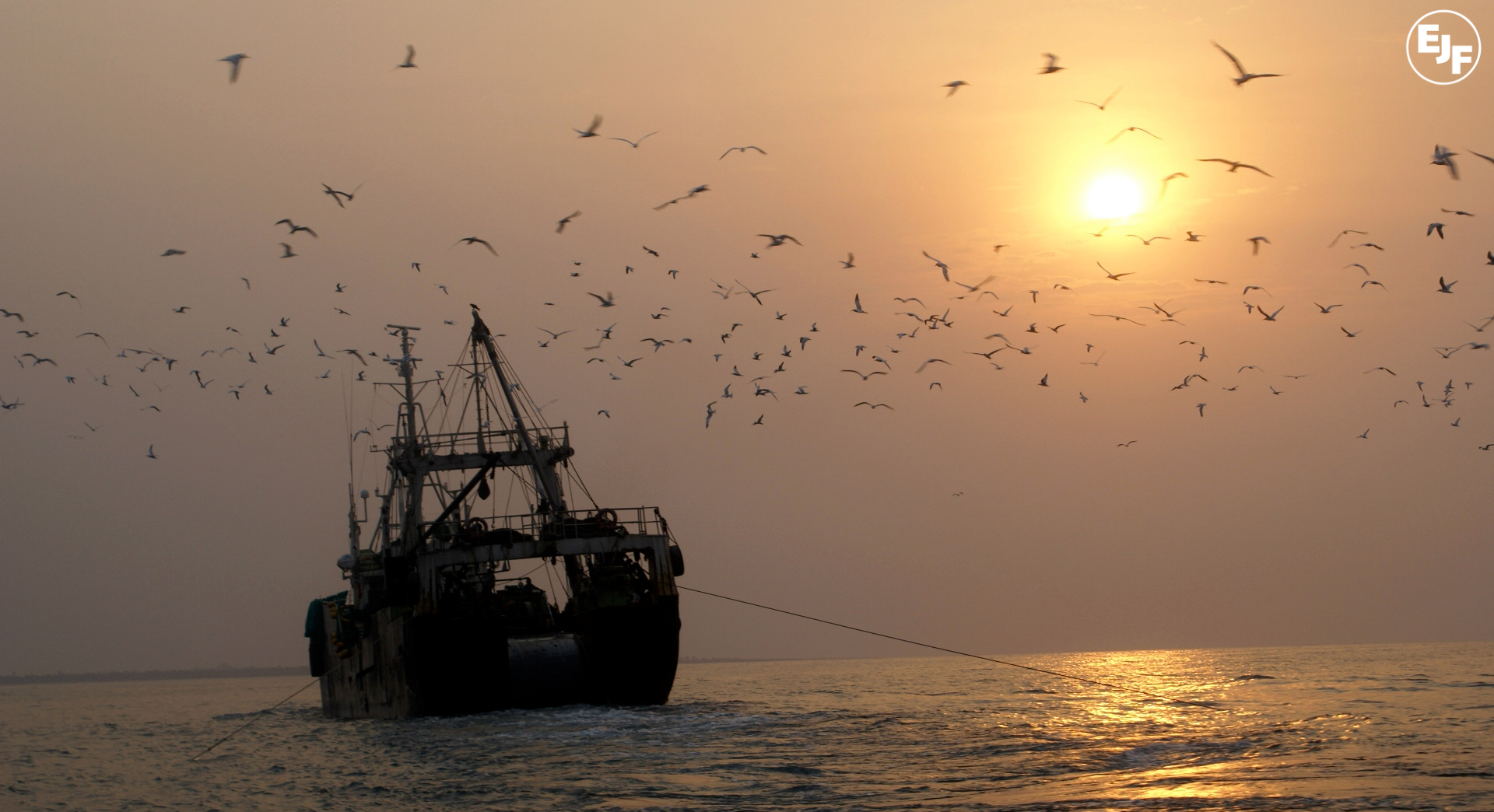
Will Germany maintain the momentum in the fight against pirate fishing and become a role model for the EU?
What would you say is the common denominator between Thailand and Papua New Guinea? Two countries whose economy is highly dependent on agriculture? Yes, but not the point here. Two costal states? Yes, getting warmer. Both Thailand and Papua New Guinea export fish and fish products to the EU. Germany is one of the major markets in the EU importing 88% of its fish and fish products, approximately 700,000 tons from non-EU countries.
Here comes the catch: many of these products come from countries with a higher risk of pirate fishing (IUU for the experts); countries such as Thailand and Papua New Guinea which have both been warned by the EU Commission and received a ‘yellow card’ designed to show the world that insufficient measures are being taken by the recipient states to tackle pirate fishing.
However, despite these warnings and other global efforts to curb pirate fishing, Germany’s ability to prevent illegally caught seafood entering their market is threatened by a lack of resources. Despite receiving 60,000 catch certificates every year Germany has only 5 national officials tasked with checking them.
Now, consider that, on the 14th of October 2015, the German Parliament, the Bundestag, adopted a motion in which the governing parties - the CDU/CSU and SPD - asked the government to increase and enhance their efforts towards ensuring sustainably managed fish stocks worldwide. And this may be a cause for some celebration.
The motion “Strengthening the Maritime Economy and highlighting its role for Germany” includes a small but pioneering paragraph on how Germany should handle the threat of illegally caught fish entering the EU market.
EJF can only praise this progress and second the demands to the German Government, which are listed in this motion. These call to:
Implement the EU IUU Regulation effectively,
Employ sufficient personnel resources for import controls according to the EU IUU Regulation,
Apply the Risk-Based Approach for catch certificate controls,
Reject fish imports without concrete verification of its legality,
Support the introduction of an EU wide, electronic catch certification system,
Support mandatory IMO-numbers for vessels on an international scale.
This will certainly not be easy, but as MP Rüdiger Kruse from Hamburg, spokesperson for Maritime Economy for the CDU/CSU fraction, recently said:
“Illegal, unreported und uncontrolled fishing is one of the biggest challenges for the marine environment, food safety, human rights and maritime security. I am glad that the governing fractions send a clear signal at this point.”
All eyes will now be on the German Government, which will have to report on the progress made to achieve these goals, and hopefully will embrace this momentum to become a role model in the EU on IUU.